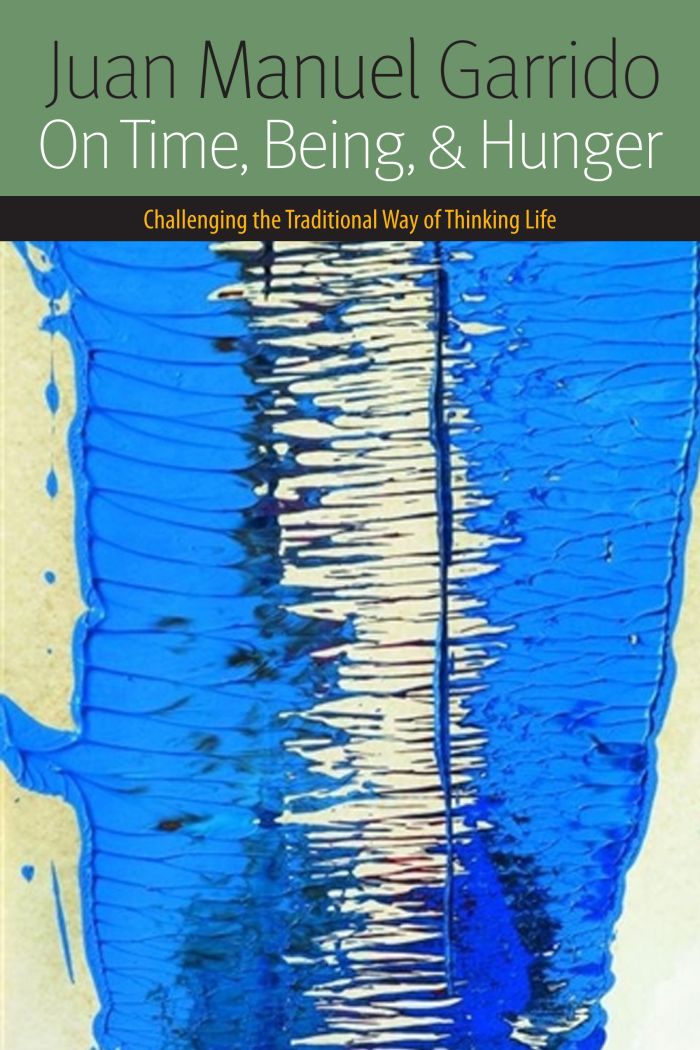On Time, Being, And Hunger
Challenging the Traditional Way of Thinking Life

This book can be opened with

The traditional way of understanding life, as a self-appropriating and self-organizing process of not ceasing to exist, of taking care of one’s own hunger, is challenged by today’s unprecedented proliferation of discourses and techniques concerning the living being. This challenge entails questioning the fundamental concepts of metaphysical thinking—namely, time, finality, and, above all, being. Garrido argues that today we are in a position to repeat Nietzsche’s assertion that there is no other representation of “being” than that of
“living.” But in order to carry out this deconstruction of ontology, we need to find new ways of asking: What is life?
In this study, Garrido establishes the basic elements of the question concerning life through readings of Aristotle, Nietzsche, Heidegger, and Derrida; through the discussion of scientific breakthroughs in thermodynamics and evolutionary and developmental biology; and through the reexamination of the notion of hunger in both its metaphysical and its political implications.
A new and compelling voice in philosophy. Garrido develops a
profoundly interesting and compelling investigation of the senses of
being and temporality. In doing so, he moves beyond philosophies that
emphasize traditional ontology and their correlative concept of time.
“Garrido makes a real, and highly
significant intervention in the ways we commonly think about the phenomenon
of life.”
“Juan Manuel Garrido renews in an impressive way the question concerning ‘life.’ By the term ‘life’ we usually mean a sort of immediacy, a self-presence through auto-affection and transmission through self-perpetuation. Garrido, however, opens life –– simply, if I may say so –– to the infinity of a ‘being-towards’ and a ‘hunger’: this infinity is not the indefinition of a life that simply ‘continues,’ but the elevation of life – or its hollowing out, which is the same thing – to being-out-of-itself. This is, in one word, a philosophical revolution.”

